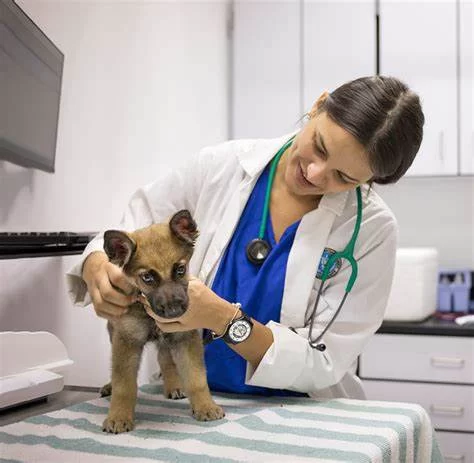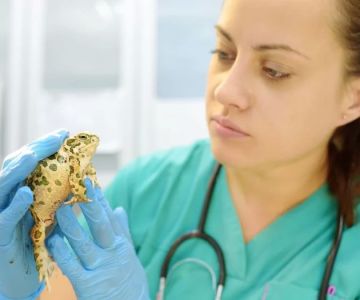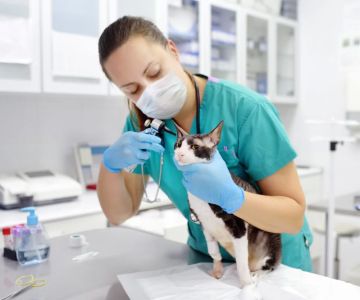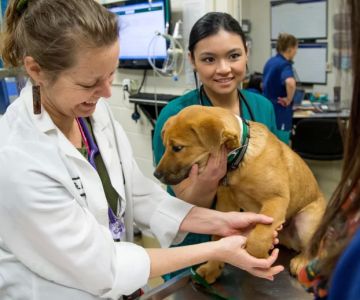- 1-Understanding-The-Path-To-Become-A-Veterinarian
- 2-Core-Science-Courses-Required
- 3-Additional-Academic-Requirements
- 4-Gaining-Experience-Through-Volunteering-And-Internships
- 5-Admission-Tests-And-Preparation
- 6-Tips-For-Excelling-In-Vet-School-Preparation
- 7-Real-Student-Experience-And-Success-Stories
- 8-Resources-To-Help-You-Prepare-For-Vet-School
1. Understanding the Path to Become a Veterinarian
For those asking “what do I have to study to become a veterinarian,” the journey begins with obtaining a solid foundation in science during undergraduate studies. Veterinary schools require specific coursework and practical experience to ensure students are well-prepared for the rigorous demands of veterinary medicine.
2. Core Science Courses Required
Typically, aspiring veterinarians must complete courses in biology, chemistry (both general and organic), physics, and biochemistry. These subjects build the scientific knowledge necessary for understanding animal physiology, pathology, and treatment methods. Additionally, courses in anatomy and physiology are essential to grasp the biological systems of different species.
3. Additional Academic Requirements
Many programs also expect proficiency in mathematics, English, and sometimes social sciences or ethics. Communication skills are vital for veterinarians who must effectively interact with pet owners and colleagues. Coursework in genetics, microbiology, and animal nutrition can provide an edge in vet school admissions.
4. Gaining Experience Through Volunteering and Internships
Hands-on experience is a critical component of veterinary school preparation. Volunteering at animal shelters, clinics, or farms helps develop practical skills and demonstrates commitment. Internships provide insight into the veterinary profession and can strengthen applications by showcasing real-world understanding and passion.
5. Admission Tests and Preparation
Most veterinary schools require the Veterinary College Admission Test (VCAT) or Graduate Record Examination (GRE). Preparing thoroughly for these tests by reviewing science concepts and practicing test-taking strategies increases the chances of acceptance. Schools value applicants who balance strong academic records with practical experience.
6. Tips for Excelling in Vet School Preparation
Success begins with consistent study habits, time management, and seeking mentorship from veterinarians or professors. Joining pre-veterinary clubs and networking with peers can provide support and resources. Staying updated on veterinary advancements and maintaining a passion for animal care will keep motivation high throughout your studies.
7. Real Student Experience and Success Stories
Emily, a recent veterinary graduate, recalls how focusing on her core science courses and volunteering at a local clinic helped her stand out in vet school applications. Her story emphasizes that dedication to both academics and hands-on learning is key to success in veterinary medicine.
8. Resources to Help You Prepare for Vet School
To navigate the question “what do I have to study to become a veterinarian,” resources such as pre-vet guides, online courses, and expert advice are invaluable. Platforms like Scent Snob offer curated materials and recommendations tailored to pre-veterinary students, helping you make informed decisions and excel on your path to becoming a veterinarian.












